From IT to DevOps: The Evolution of Development and Operations”
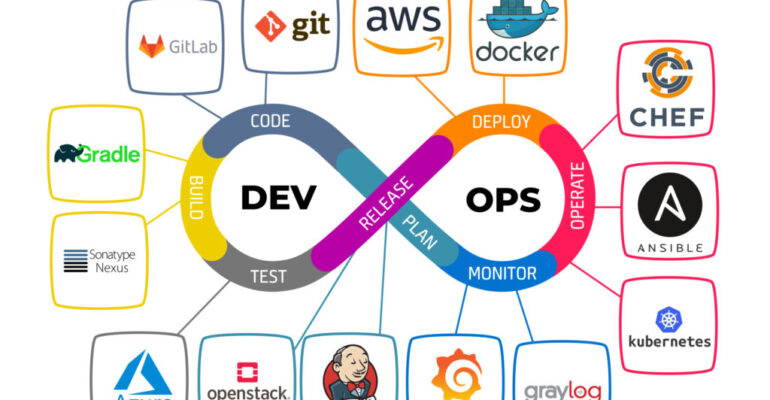
The Evolution of Devops
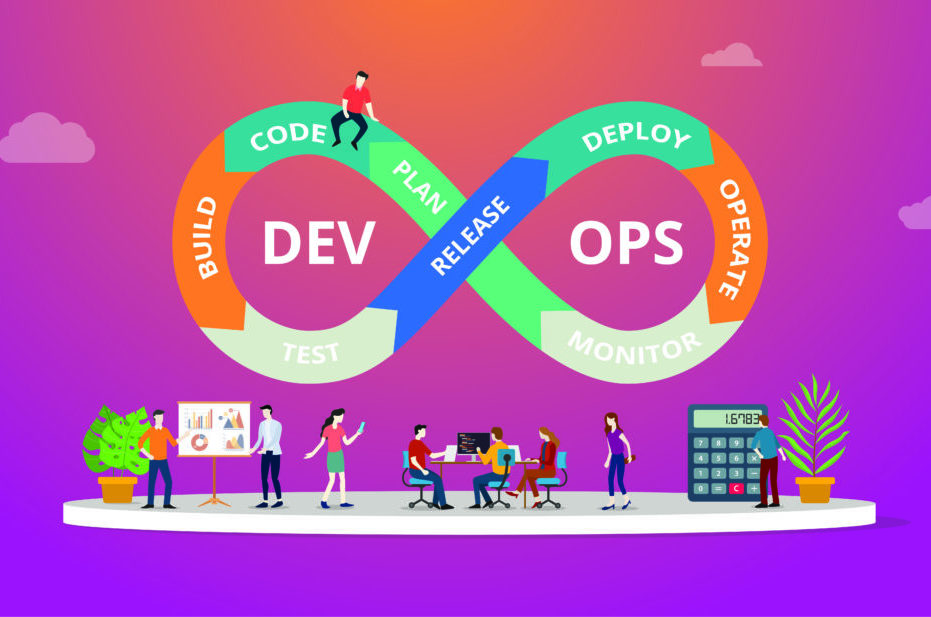
Introduction:
In recent years, DevOps has emerged as a critical role in the IT industry. DevOps is an approach that combines the development and operations teams to achieve faster software delivery, improved quality, and higher customer satisfaction. In this blog, we will discuss who a DevOps engineer is, the evolution of IT to DevOps, benefits of having a DevOps engineer over a traditional workforce, and the top five things one needs to do to become a DevOps engineer with examples.
Who is a DevOps Engineer? A DevOps engineer is a professional who is responsible for the development, deployment, and management of software applications. A DevOps engineer is proficient in both development and operations, with a deep understanding of coding, automation, testing, infrastructure, and security. A DevOps engineer works closely with the development and operations teams to bridge the gap between the two and ensure that the software is delivered efficiently and effectively.
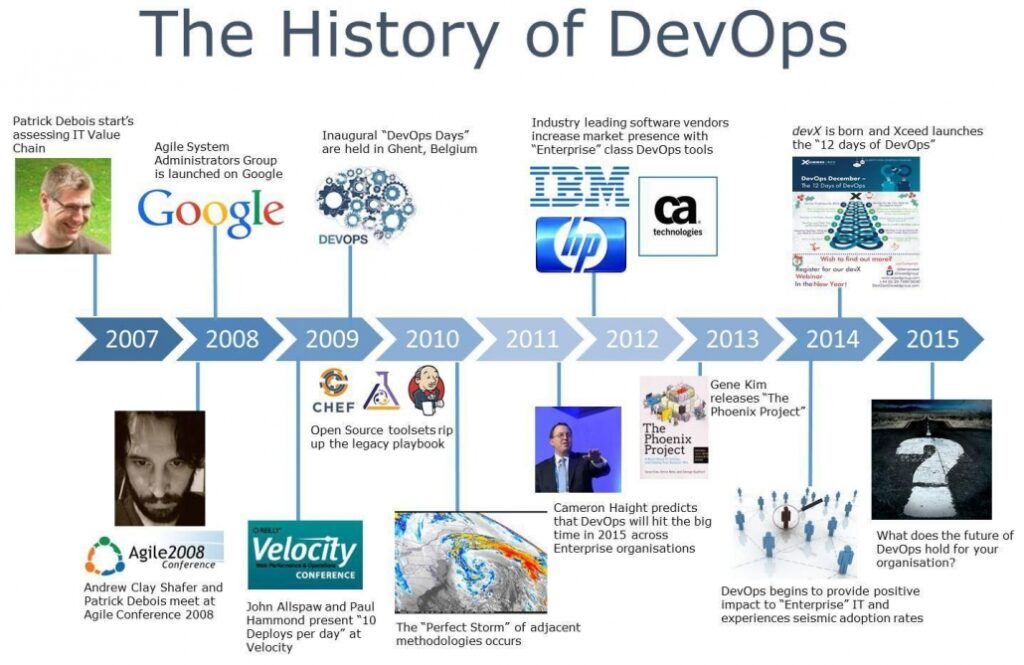
Evolution of IT to DevOps: The traditional IT approach involved separate teams for development and operations, with little or no communication or collaboration between them. This led to delays, errors, and customer dissatisfaction. In response, DevOps emerged as an approach that combines the roles and responsibilities of developers and operations teams to create a more collaborative and integrated workflow. DevOps emphasizes the use of automation, continuous integration and delivery (CI/CD) pipelines, configuration management, and monitoring tools to streamline software development and operations.
Benefits of Having a DevOps Engineer: Having a DevOps engineer on board can offer several benefits over a traditional workforce, including:
- Faster time-to-market: DevOps engineers can help speed up the development and deployment process, allowing organizations to deliver software more quickly and efficiently.
- Improved quality: DevOps engineers can help improve the quality of software by identifying and addressing issues early in the development cycle, reducing the risk of errors and downtime.
- Increased efficiency: DevOps engineers can help improve efficiency by automating repetitive tasks, reducing manual errors, and streamlining workflows.
- Better collaboration: DevOps engineers can help improve collaboration between development and operations teams, creating a more integrated and cohesive approach to software development and delivery.
- Enhanced security: DevOps engineers can help ensure that security is integrated into the software development process from the start, reducing the risk of vulnerabilities and breaches.
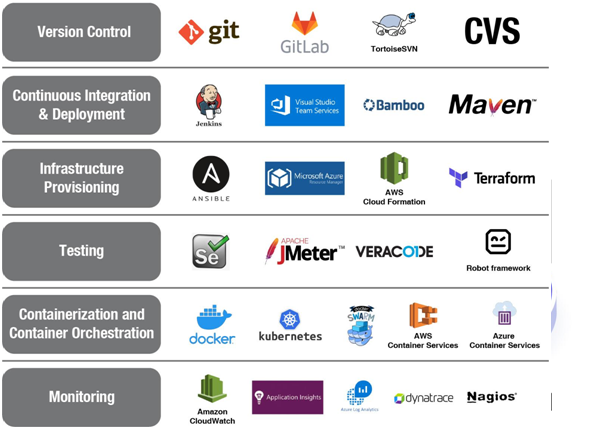
Top Five Things to Do to Become a DevOps Engineer: To become a DevOps engineer, one needs to focus on the following areas:
- Learn Programming Languages: A DevOps engineer must be proficient in at least one programming language, such as Python, Java, or Ruby.
- Understand Infrastructure Management: A DevOps engineer must have a good understanding of infrastructure management, including cloud computing, virtualization, and containerization technologies such as Docker and Kubernetes.
- Learn Automation Tools: A DevOps engineer must be proficient in automation tools and technologies, such as configuration management tools like Ansible, Puppet, and Chef, and CI/CD tools like Jenkins, GitLab, and Travis.
- Understand Security Principles: A DevOps engineer must have a good understanding of security principles, including vulnerability management, IAM, and compliance.
- Collaborate and Communicate: A DevOps engineer must have excellent communication and collaboration skills to work effectively with other team members, stakeholders, and customers.
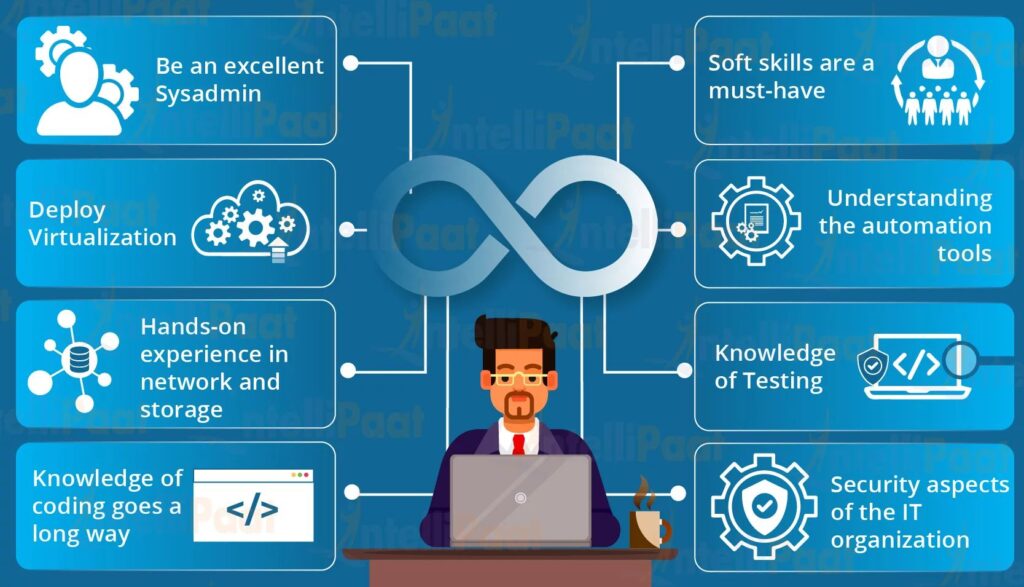
Examples of how to become a DevOps Engineer: Here are a few examples of how to become a DevOps engineer:
- Take online courses and certifications in DevOps tools and technologies such as AWS, Docker, Kubernetes, Ansible, and Jenkins.
- Participate in DevOps communities, attend conferences, and workshops to stay up-to-date with the latest trends and best practices.
- Practice coding and automation on personal projects, such as building a website, creating a chatbot, or setting
- up a CI/CD pipeline.
- Gain hands-on experience in infrastructure management by setting up and managing cloud-based infrastructure and containerization technologies.
- Develop soft skills such as communication, collaboration, and problem-solving by working on cross-functional projects, leading initiatives, and mentoring others.
Conclusion: DevOps has become an essential role in the IT industry, and organizations are increasingly looking for professionals who have a deep understanding of development, operations, automation, and security. To become a DevOps engineer, one needs to focus on learning programming languages, infrastructure management, automation tools, security principles, and soft skills such as communication and collaboration. By following these five steps and gaining hands-on experience in DevOps tools and technologies, one can become a fully qualified DevOps engineer and contribute to the success of their organization.
The Evolution of Devops



